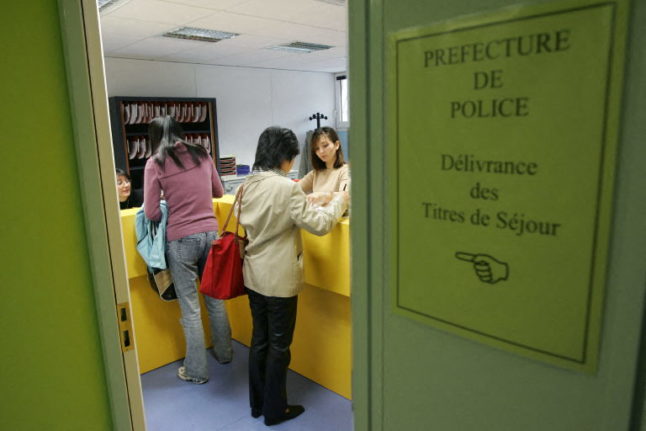People living in France already have to complete a yearly tax declaration, but if you own property here, you will also have to complete an extra declaration this year after changes to the tax system.
Who?
This applies to anyone who owns residential property in France – whether it is their main residence or a second home – including those who live in another country. If you do not own property and only rent your home, then this does not concern you.
What?
This isn’t an extra tax, it’s simply an extra piece of paperwork that has to be filed, known as a Déclaration d’occupation, and this declaration is concerned with whether the property is your main residence or a second home.
Why?
This is because of recent changes to the property tax system. There are two types of property tax in France; taxe foncière which is paid by the property owner and taxe d’habitation which is paid by the property occupier. If you own your own home, traditionally you paid both.
However, taxe d’habitation is in the process of being scrapped for most people, and now only high-earners and second-home owners pay it. The problem is that the tax office don’t have a record of whether a property is used as a main home or a second home and therefore don’t know who to send bills to – hence the new declaration.
How?
If you live in France and already make your annual income tax declaration online then this process should be fairly easy – head to impots.gouv.fr, log in and then click on Biens immobiliers (real estate) in the menu bar along the top of the website.
The site will then list the property or properties in your name, and you can fill out the déclaration d’occupation for each, stating whether it is your main residence or a second home.
If you’re not already registered on the impots.gouv site then you can register and set yourself up an account which will allow you to make the declaration online.
In order to register on the site you will need your numéro fiscale (tax number).
You can find a full explanation of how to get the number and set up the online account HERE.
EXPLAINED How to complete your property tax declaration
The declaration is an online-only process, but if you have trouble using the internet – for example you live in a zone blanche or have a disability – your local tax office can help you with the process. You can find the tax office that serves your area by googling ‘Centre des finances publique‘ plus the name of your commune.
You do not need an appointment, as tax offices deal with queries on a walk-in basis, but make sure you check the opening times in advance as some offices, especially in small towns, have unusual opening hours.
When?
The deadline to have completed the declaration is June 30th, and people who have a property registered should receive notification from the tax office. Authorities have announced a one-month grace period, so that anyone who completes the delcaration before July 31st will not face a fine.
You will then receive your property tax bill in the autumn as usual.
This is a one-off declaration so you won’t have to do it every year – only when your situation changes, so for example if you sell the property, buy a new one or change from it being a second-home to your main residence.
READ ALSO French property tax declaration – your questions answered



 Please whitelist us to continue reading.
Please whitelist us to continue reading.
Yet another reason why I subscribe to The Local France! The process on the tax website was exactly as described. I would surely miss this kind of thing without these super helpful newsletters. Merci!
You’re most welcome! Thank you for supporting The Local
We have two homes, one in a major city and one in the country, which is where we spend the most time. How impactful on issues like health etc is it if we declare the city home as principal residence – with the country home as second home – with lower tax d’hab ? We are set up in the country with doctors, Ameli etc already in place. I have another agenda too in so far as I cannot get a Resident’s Parking Permit in the city unless its primary residence.
Any help or suggestions appreciated!
You suggest that there is a paper form in lieu of setting up an account with les impots. But the FAQ on impots.gouv.fr concerning la declaration d’occupation says :
Un formulaire de déclaration papier de type CERFA est-il disponible ?
Non. L’obligation déclarative est entièrement dématérialisée, il n’y aura donc pas de document CERFA.
https://www.impots.gouv.fr/sites/default/files/media/1_metier/1_particulier/EV/5_patrimoine_logement/560_travaux_habitation/faq_gmbi.pdf#page12
It’s not that easy, when I get to the section Biens immobiliers I’m told there are no properties registered, the fact that I’ve lived here and paid taxes for the last 25 years seems to make no difference and so far getting any response from the Centre des finances publique, which is appointments only, has proved impossible !!!